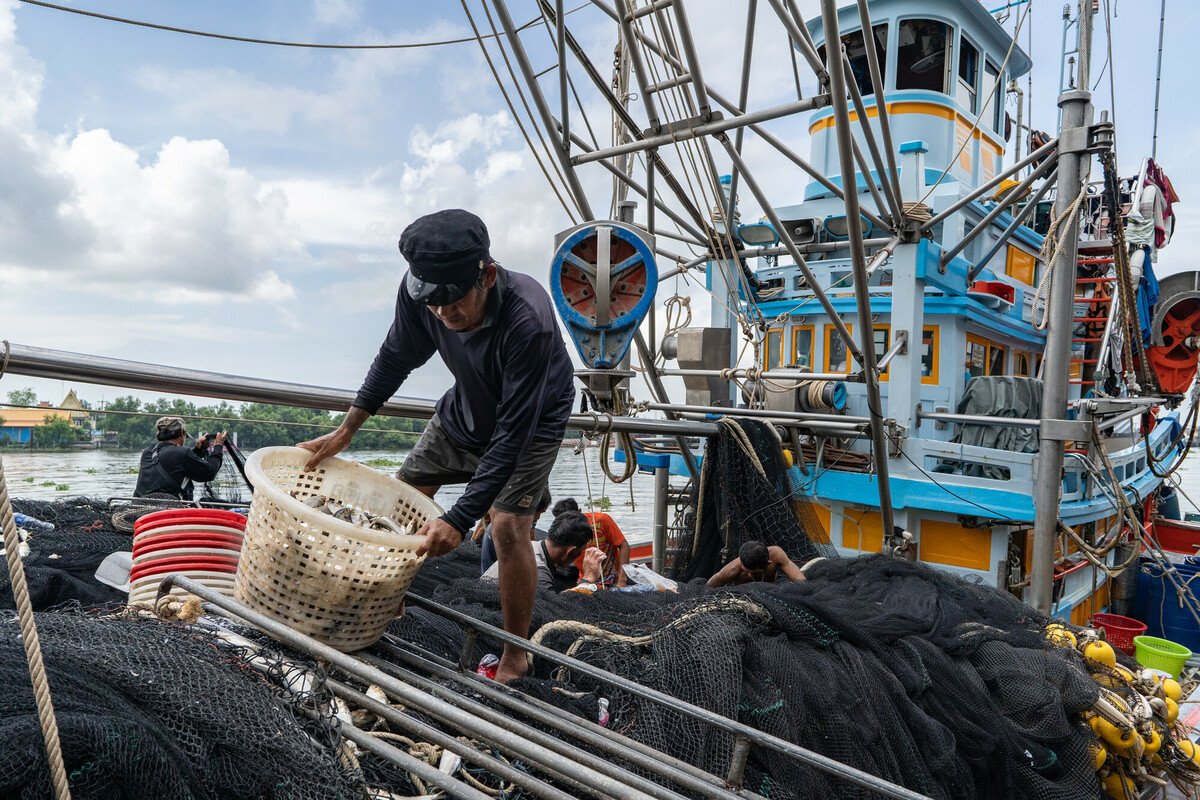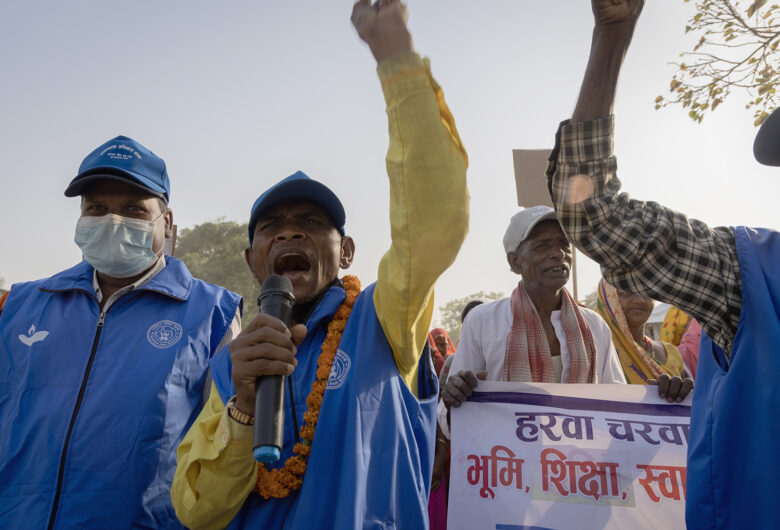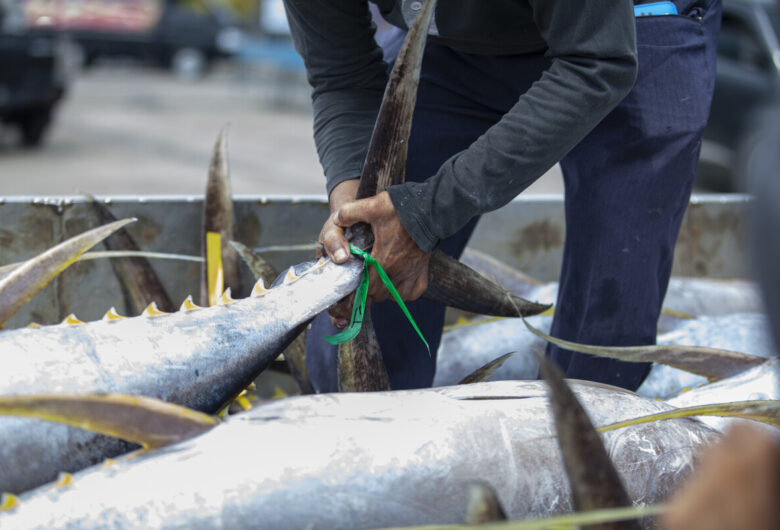Slavery in supply chains
Globally, the ILO estimates that there are approximately 27.6 million people in a situation of forced labour in 2021. Out of this, 17.3 million are exploited in the private sector, working in mines, factories and fields to produce raw materials and manufacture products destined for consumer markets. Companies should play a central role in eradicating forced labour from their value chains. However, despite companies issuing zero tolerance statements pledging to end exploitative conditions in their supply chains, workers across the globe continue to face systemic violations of their fundamental rights.
To deliver the systemic change required to eradicate forced labour from supply chains, we need to end the culture of impunity that allows companies to treat exploitation as a by-product of doing business.
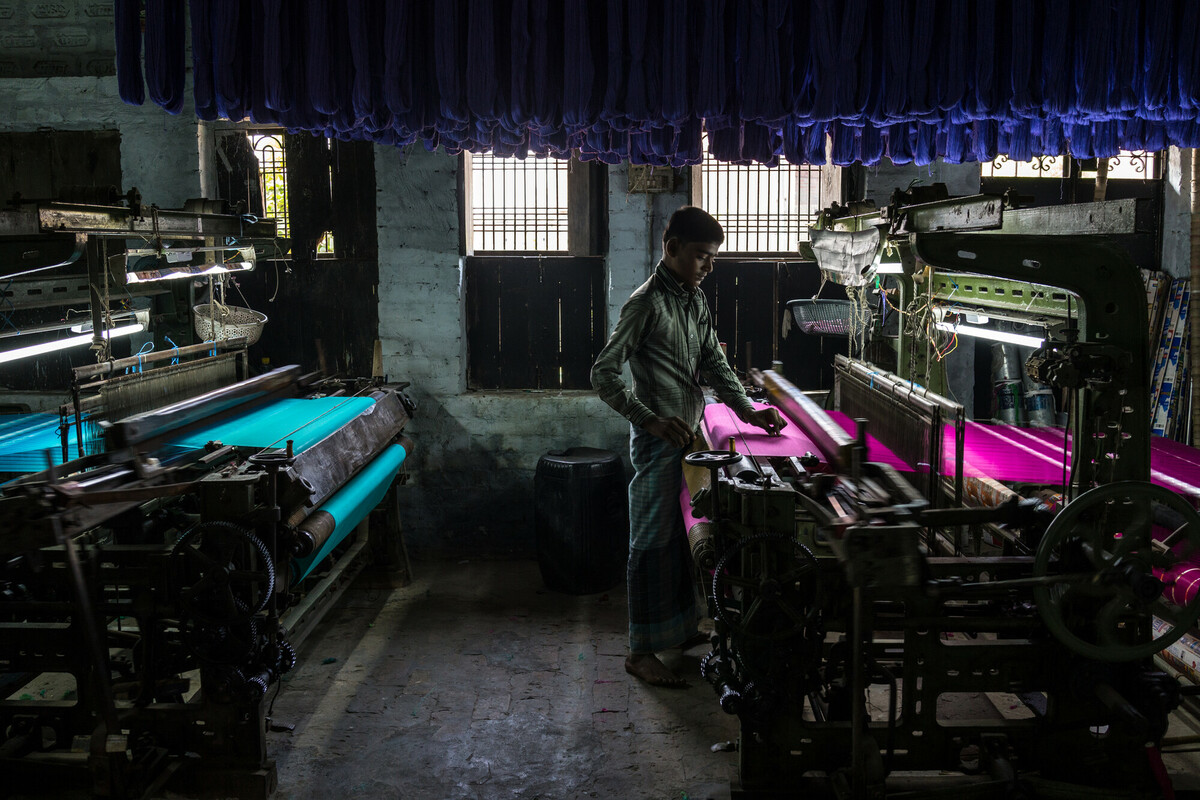
Our programs
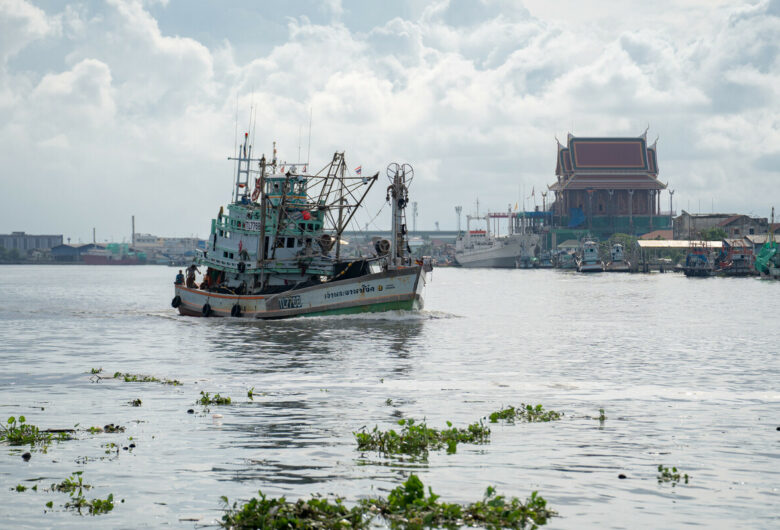
Strategic litigation
Strategic litigation has a unique power to compel business action to tackle modern slavery in global supply chains.
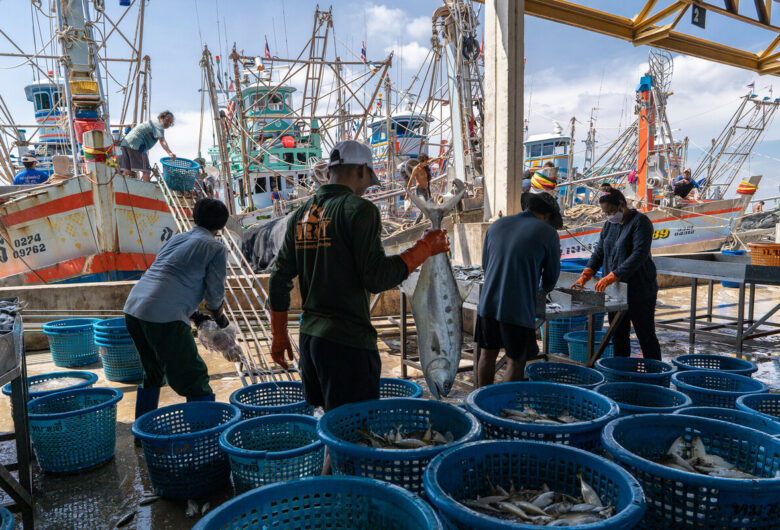
Ecosystem building
Ecosystem building is designed to amplify the capacities of Global South-based NGOs, lawyers, and activists.
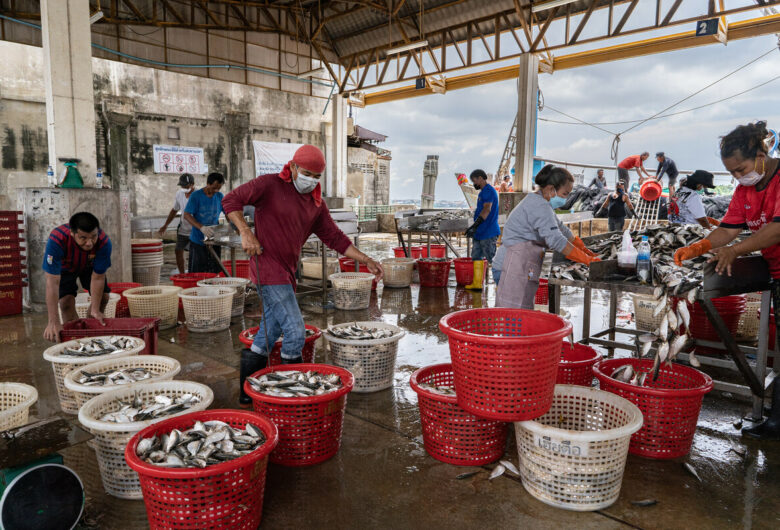
Forced labour import controls
When effectively enforced, robust trade mechanisms can be used to combat forced labour in global supply chains.
Strategic litigation on corporate behavior
Strategic litigation is recognised as a powerful tool to hold companies and governments accountable for their human rights and environmental violations. The Freedom Fund commissioned research to assess the multifaceted effects of filing human rights cases against companies. The report focuses on the impact on corporate conduct as well as the broader international ecosystem. The report sheds light on the complexity of establishing clear, causal links between legal proceedings and companies’ actions, and reveals important considerations for initiators of human rights litigation, corporations, governments, and funders.
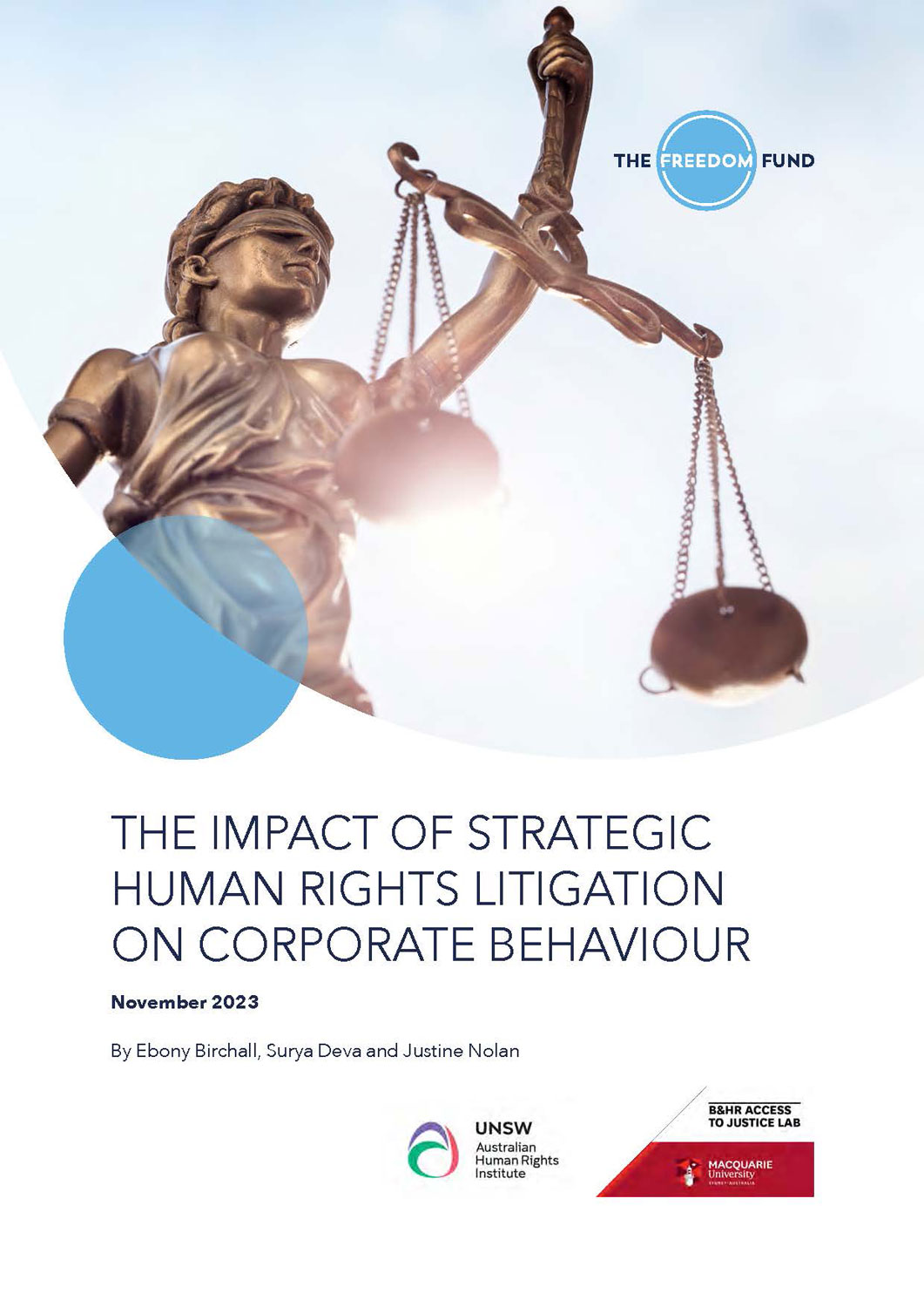
Program objectives
Our goal is to incentivise broader systems change by increasing the pressure on businesses to address and remedy forced labour in their supply chains. This work is focused on the following three interrelated themes.
Our team

Marta Bylica
Program Manager, Corporate Accountability

Chloe Cranston
Senior Program Manager, Responsible Supply Chains

Kehinde Ojo
Program Officer
